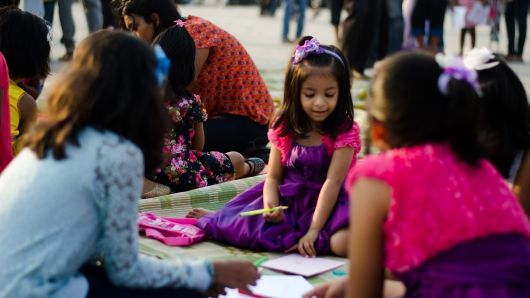Why it makes sense to invest in women and children’s health
Spending on the health of women and young people should be considered ‘investments’, because it accrues long-term rights and dividends, to the economy and to society, writes Mr. Chandra Kishore Mishra and Ms. Amina J. Mohammed.

26 Sep 2015, 09:00
We often think of money spent on hospitals or schools as ‘costs’: the government raises money via taxes, and spends it on things such as new hospitals or hiring teachers. Money is raised, and money is spent; end of story.
But rather than ‘costs’, it would be more appropriate to consider such spending as ‘investments’, because it accrues long-term rights and dividends, to the economy and to society. According to recent research, some of the best returns accrue from investments in the health and well-being of women, children and young people.
Take the example of child birth. According to a study published in the Lancet, money spent on providing good antenatal healthcare accrues a triple return on investment to the economy and society at large. Meanwhile, investments aimed at improving nutrition have, on average, a benefit-cost ratio of 16:1.
This makes intuitive, as well as statistical, sense: when preventable complications arise during labor, the woman and child may be left permanently sick or disabled, imposing huge long-term costs on them and their families, and on the government also, which may need to provide expensive, long-term health care. Likewise, investing so that children receive the calories they need to fully develop ensures they will be more productive and healthier over the entire course of their lives, preventing avoidable deaths and costs to society and government.
Become a member
Get full access to our archive and personalise your experience.
Already a member?
Discussion
No comments yet. Be the first to share your thoughts!
No comments yet. Be the first to join the conversation!
Join the Conversation
Sign in to share your thoughts under an alias and take part in the discussion. Independent journalism thrives on open, respectful debate — your voice matters.




